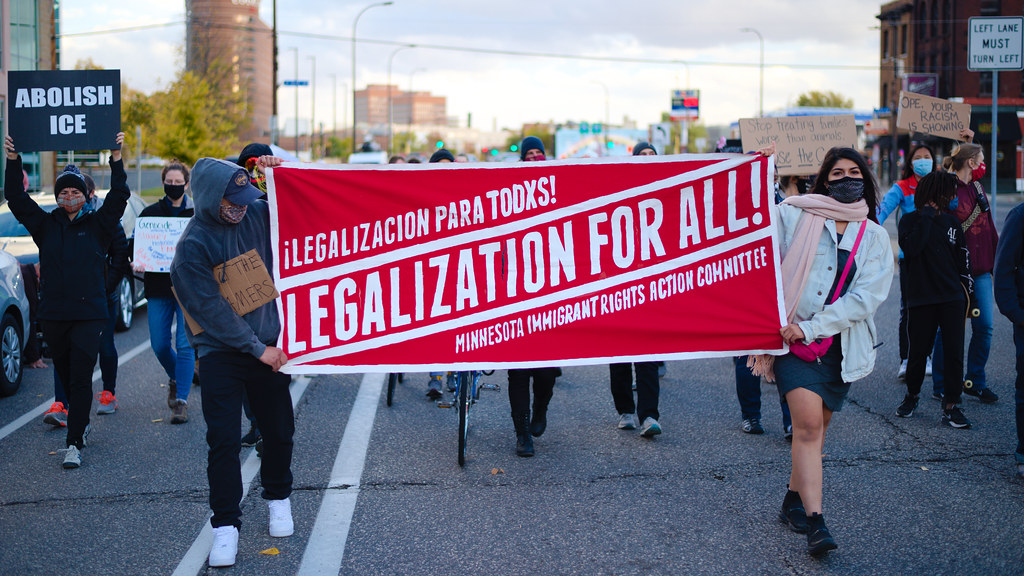In President Trump’s latest legal battles, a federal judge from the U.S. District Court of Massachusetts has dealt a blow to the administration’s plans to fast-track the deportations of thousands of undocumented migrants with final orders of removal.
Today, federal judge Brian Murphy issued a nationwide temporary restraining order immediately blocking U.S. Immigration and Customs Enforcement (ICE) from deporting migrants from the United States to countries with which they have no existing relationship, without first providing them written notice and a meaningful opportunity to claim relief under the Convention Against Torture (CAT) for immigrants fearing persecution.
This decision was made in response to a lawsuit filed by a group of migrants challenging ICE policies that expedite the removal of undocumented immigrants released from detention to third countries.
The judge’s court order specifically prohibits the U.S. government from:
“Removing any individual subject to a final order of removal from the United States to a third country, i.e., a country other than the country designated for removal in immigration proceedings, UNLESS and UNTIL [the government] provide[s] that individual, and their respective immigration counsel, if any, with written notice of the third country to where they may be removed, and UNTIL Defendants provide a meaningful opportunity for that individual to submit an application for CAT protection to the immigration court, and if any such application is filed, UNTIL that individual receives a final agency decision on any such application.”
 Visa Lawyer Blog
Visa Lawyer Blog










